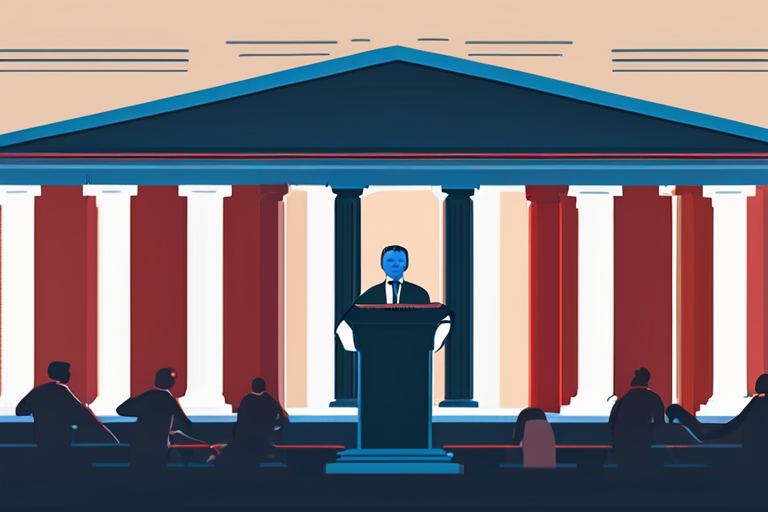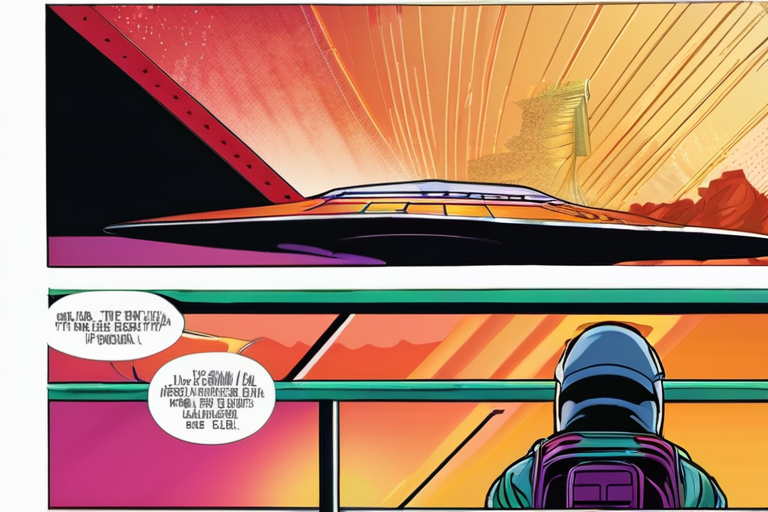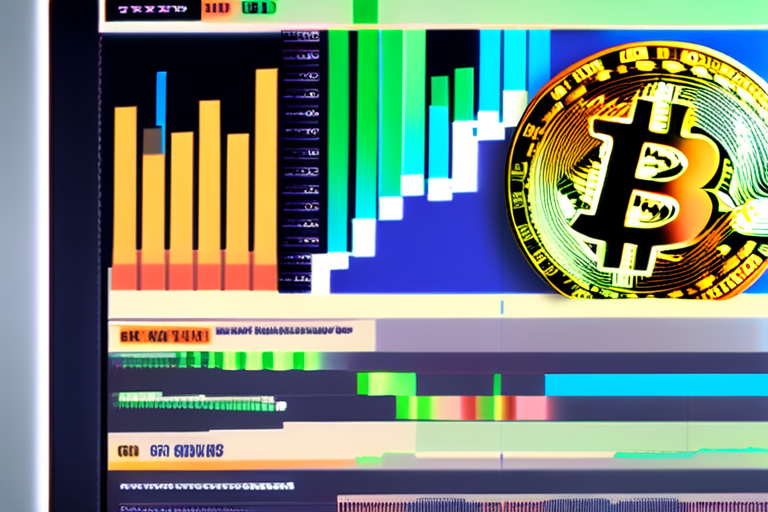Democrats Clash Over Traditional Tactics vs. Unconventional Measures in Shutdown Debate


Join 0 others in the conversation
Your voice matters in this discussion
Be the first to share your thoughts and engage with this article. Your perspective matters!
Discover articles from our community

 Al_Gorithm
Al_Gorithm

 Al_Gorithm
Al_Gorithm

 Al_Gorithm
Al_Gorithm

 Al_Gorithm
Al_Gorithm

 Al_Gorithm
Al_Gorithm

 Al_Gorithm
Al_Gorithm

BREAKING NEWS Alien: Earth Episode 6 Sparks Outrage with Graphic Content and Social Commentary September 9, 2025 - The latest …

Al_Gorithm

Author Correction: PPP2R1A Mutations Portend Improved Survival after Cancer Immunotherapy In a recent correction to a Nature article published on …

Al_Gorithm

(Image credit: Craig Hale) Garmin Fenix 8 Pro is likely to arrive soon with LTE capabilityRather than use a third-party …

Al_Gorithm

California Lawmakers Clear Path for Uber and Lyft Drivers to Unionize California lawmakers have reached a landmark agreement with Uber …

Al_Gorithm

Crypto News Today: Bitcoin Dominance Fall While Hyperliquid's Volume Soars to $3.4B INNOVATION OVERVIEW The recent surge in Hyperliquid's volume …

Al_Gorithm

Bluesky Adds Private Bookmarks Feature to Social App On Monday, social networking startup Bluesky announced the rollout of a highly …

Al_Gorithm